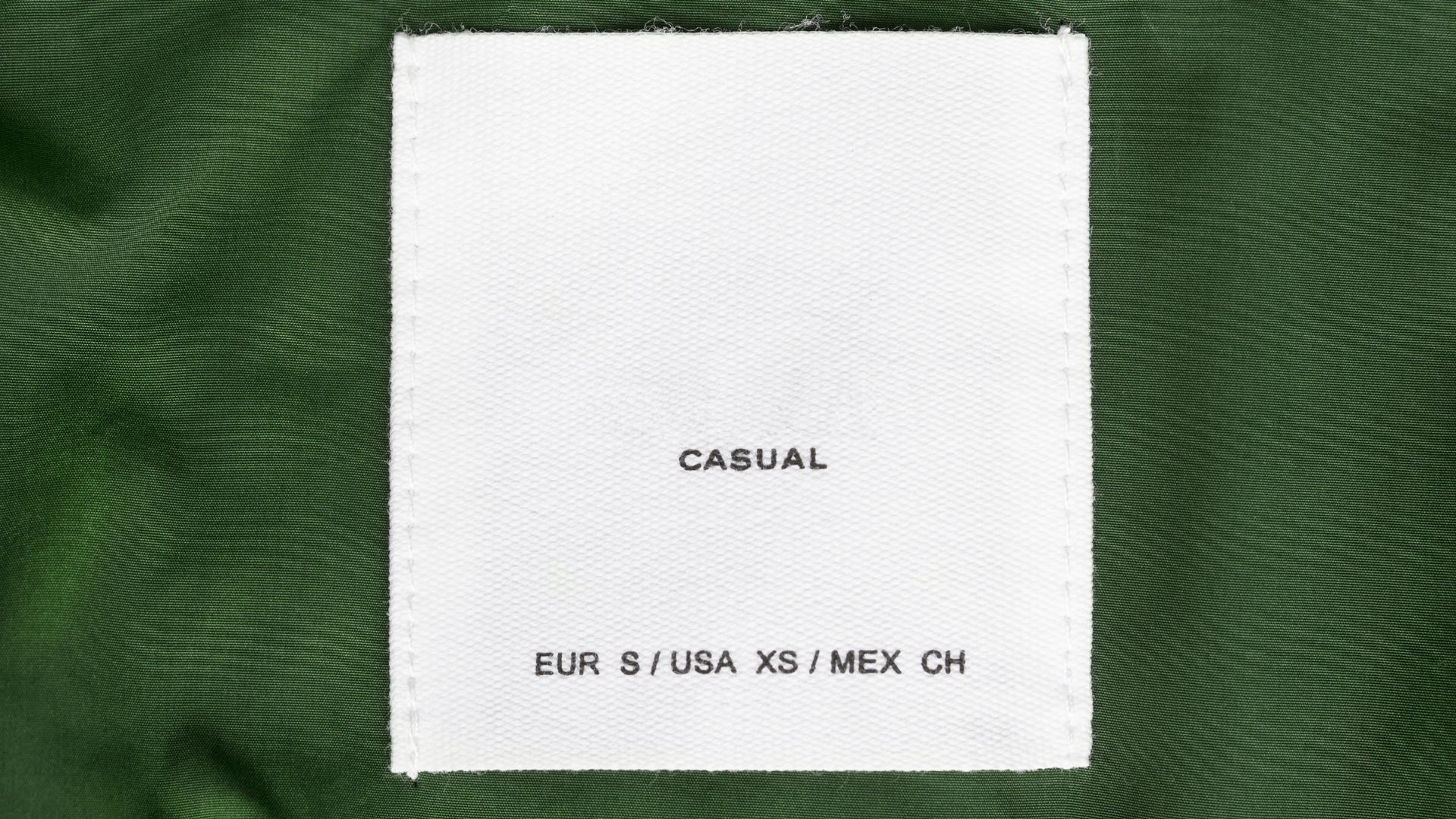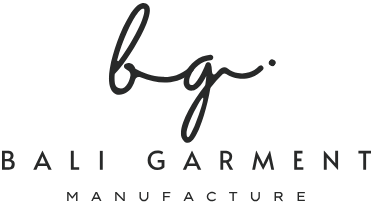Turning Creative Vision into Ready-to-Wear Collections with Expert Local Craftsmanship
Behind every successful fashion label lies a seamless balance between creativity and production. For many designers and entrepreneurs, understanding how their vision becomes a tangible garment is key to building a strong and reliable brand. In Bali, the private label manufacturing process is not just about sewing clothes it’s a journey of collaboration, artistry, and precision.
What makes Bali’s manufacturing process stand out is its human touch. From the first sketch to the final shipment, each stage is guided by skilled artisans, experienced pattern makers, and production teams who take pride in crafting garments that embody both style and quality. This thoughtful process allows designers from around the world to create collections that truly reflect their identity while maintaining professional production standards.
Here’s an inside look at how private label clothing manufacturing in Bali works and why it’s become a trusted model for brands that value quality, flexibility, and ethical craftsmanship.
From Vision to Concept Development
Every great collection begins with an idea a mood, a texture, or a silhouette that captures a designer’s imagination. In Bali, manufacturers take the time to understand this vision. Through conversations, mood boards, sketches, and reference samples, the creative team works closely with each client to bring concepts into focus.
For startup brands or designers new to production, this stage often includes refining designs for practicality, ensuring that the garments are both beautiful and feasible to produce. Manufacturers may offer input on fabric types, finishing methods, and fit adjustments to achieve the best result while maintaining the integrity of the original idea.
This early collaboration ensures that both designer and manufacturer are aligned on the direction of the collection before moving forward to sampling.
Fabric Sourcing and Material Selection
Once the concept is clear, the next step is sourcing the perfect materials. Bali is home to a vibrant textile market, offering everything from organic cotton and linen to bamboo, rayon, and sustainable blends.
Private label manufacturers often help clients select fabrics that balance aesthetics, comfort, and durability. They can source locally available options or work with international suppliers for specific requests. Some workshops also provide natural dyeing and screen-printing services, giving brands the freedom to customize colors, patterns, and textures.
This stage is crucial the fabric not only defines the garment’s look and feel but also communicates a brand’s values. Choosing eco-friendly or ethically sourced materials, for instance, allows brands to tell a more meaningful story to their customers.
Sampling and Product Development
Sampling is where a designer’s vision begins to take physical form. The pattern-making team translates sketches into detailed patterns, which are then cut, sewn, and finished into the first sample pieces.
This stage often involves multiple rounds of adjustments fine-tuning measurements, stitching, or finishing details until the product meets the exact design intent. Communication between designer and manufacturer is key, and in Bali, this process is highly collaborative. Designers are encouraged to give feedback, visit workshops, or review photos and videos of samples to ensure the perfect fit and finish.
At this stage, startups often develop their first small capsule collection a carefully curated set of pieces that represent the essence of their brand. Once the samples are approved, the focus shifts to production.
Understanding the MOQ and Production Planning
Before production begins, it’s important to confirm the Minimum Order Quantity (MOQ) the minimum number of pieces required per style or fabric. In Bali, manufacturers offer flexibility that supports both new and growing brands.
Unlike large-scale factories that require hundreds of pieces per style, many Bali workshops accept small-batch production runs, allowing designers to start small and scale gradually. Once the MOQ and order details are confirmed, the manufacturer plans fabric cutting, stitching schedules, and finishing processes to ensure consistency and efficiency across all garments.
Cutting, Sewing, and Quality Craftsmanship
This is where Bali’s artistry truly shines. Skilled cutters and seamstresses bring each design to life with precision and care. The cutting process ensures minimal fabric waste, while the sewing teams often composed of artisans with decades of experience assemble garments with a focus on both strength and aesthetics.
What sets Bali apart is the attention to detail. Stitching, lining, buttons, embroidery, and labels are handled with the same dedication, whether for a single prototype or a large production run. Many manufacturers also offer hand-finishing techniques that give garments a premium, artisanal feel something that appeals to brands looking for authenticity and craftsmanship in their products.
Finishing, Labeling, and Quality Control
After assembly, each garment goes through a series of finishing steps trimming loose threads, pressing, labeling, and packaging. Quality control is a key part of this process. Experienced QC teams inspect every item to ensure consistency in stitching, sizing, and overall presentation before it leaves the workshop.
Manufacturers in Bali take great pride in this stage. They know that these finishing touches define the professionalism of a brand and the first impression it makes on customers. By combining modern production standards with meticulous attention to detail, Bali’s private label manufacturers deliver garments that feel refined, cohesive, and brand-ready.
Packaging and Shipping to Global Destinations
Once quality checks are complete, the garments are neatly packed according to the client’s specifications — whether folded, tagged, or boxed for retail presentation. Bali’s well-established export system allows smooth international shipping, with most manufacturers experienced in handling customs documentation, logistics coordination, and courier partnerships.
This streamlined export process means brands around the world from Australia to Europe to the U.S. can receive their finished collections on schedule, ready for launch. For many clients, this reliability is what turns their first order into a lasting partnership.
Why the Process Matters
In the fashion world, process defines quality. A well-structured, transparent, and collaborative production flow ensures not just better garments, but also smoother communication, fewer delays, and stronger brand relationships.
Bali’s private label manufacturing process stands out because it blends structure with creativity precision with flexibility. It’s designed not just for efficiency, but also for empowerment, helping designers understand and take part in every stage of their collection’s creation.
From fabric to finishing, each step carries the imprint of human craftsmanship a quality that modern consumers value deeply. In a world of fast fashion and automation, this connection between maker and creator is what gives Bali-made garments their authenticity and soul.

Unleash Your Apparel Dreams Let’s Collaborate
Share your apparel ideas, no matter how big or small, and let’s collaborate to craft something truly exceptional. Contact us today and watch your vision take shape!

Manufacturing partner for fashion business, offering comprehensive solutions to streamline your path to success.
Our Services
Quick Link
Contact Info
© Bali Garment Manufacture all rights reserved.

